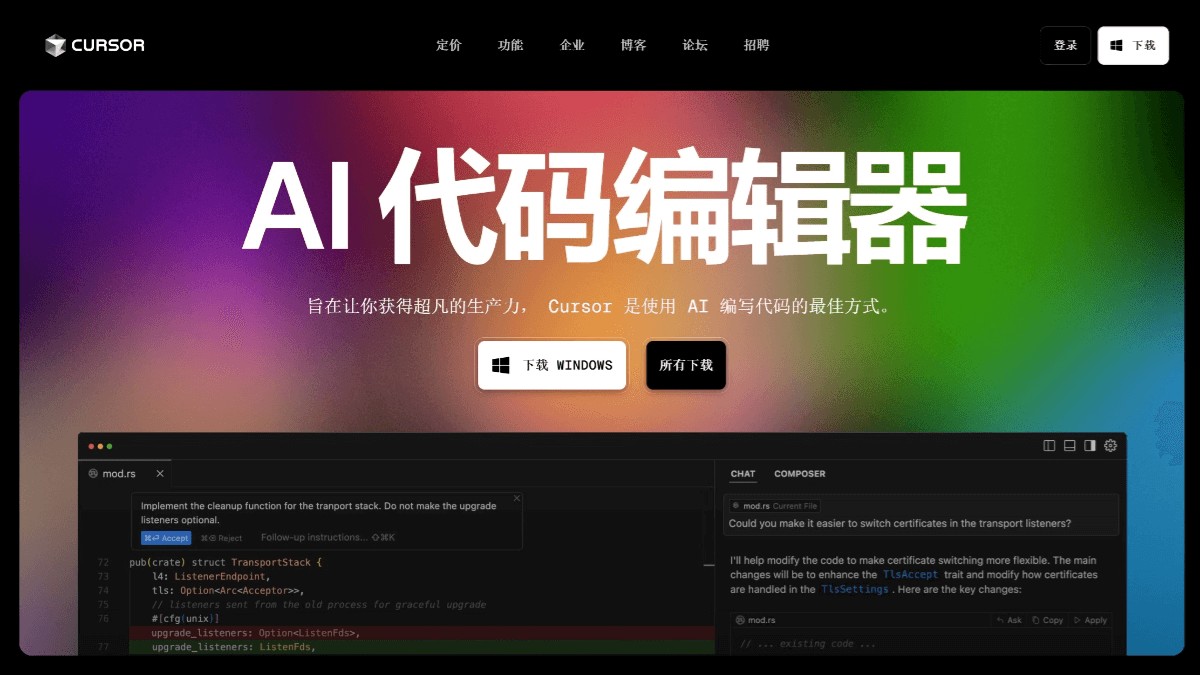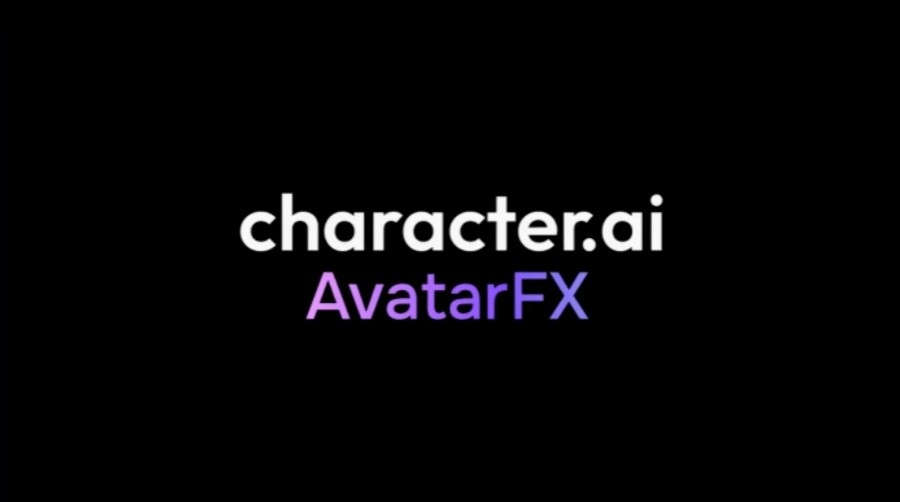
Artificial intelligence programming involves multiple languages, mainly including 1. Python; 2. R; 3. Java. For beginners and professionals alike, Python is the top priority language due to its concise syntax, rich library support, and wide community involvement.
For those new to AI, learning the following programming languages and tools can help you build a solid foundation:
Python
Python is the most popular programming language in the field of AI, with rich libraries and frameworks, such as NumPy, Pandas, TensorFlow, Keras, and PyTorch, suitable for data processing, machine learning, and deep learning.
R
R is mainly used for statistical analysis and data visualization. Although it is not as widely used for deep learning as Python, it is very powerful in data science and analysis.
JavaScript (for front-end AI applications)
For those developers who want to develop the front-end of AI applications, learning JavaScript can help you implement AI functions in web applications, especially using tools such as TensorFlow.js.
Java
Java is widely used in enterprise-level applications, especially in large-scale AI projects. Its strongly typed nature and stability make it suitable for building scalable systems.
C++
C++ is used for high-performance computing. Although it is more complicated for novices, it is indispensable for some AI algorithms that require extremely high computing efficiency.
TensorFlow
TensorFlow is an open source deep learning framework developed by Google and is widely used to build neural networks and deep learning models. It has extensive documentation and tutorials, making it ideal for AI beginners.
PyTorch
PyTorch is a very popular deep learning framework, especially in academia, for its concise API and dynamic graph features.
Scikit-learn
This is a Python library specifically used for machine learning and suitable for tasks such as data analysis, classification, regression, and clustering. It's very easy to get started and ideal for getting started with machine learning.
Keras
Keras is an advanced neural network API that supports TensorFlow and Theano backends and is suitable for quickly building deep learning models.
Jupyter Notebook
Jupyter Notebook is an interactive web application that helps you write and display code, documents, and data visualization. It is suitable for beginners in data analysis and AI development.
OpenCV
OpenCV is an open source computer vision library that can help you with image processing, object detection, facial recognition and other tasks.
Fast.ai
Fast.ai is a high-level deep learning library built on PyTorch, which is very suitable for beginners to quickly build AI applications.
Pandas
Pandas is a Python data analysis library that provides efficient data processing and analysis functions and is suitable for data cleaning, conversion and analysis.
Matplotlib/Seaborn
A library for data visualization that helps you generate various charts to facilitate analysis and presentation of data.
Tableau
Tableau is a business data visualization tool suitable for interactive data display and very useful for data scientists and analysts.
These programming languages and tools will help you gradually get started with AI and lay the foundation for in-depth learning of more complex technologies in the future.



